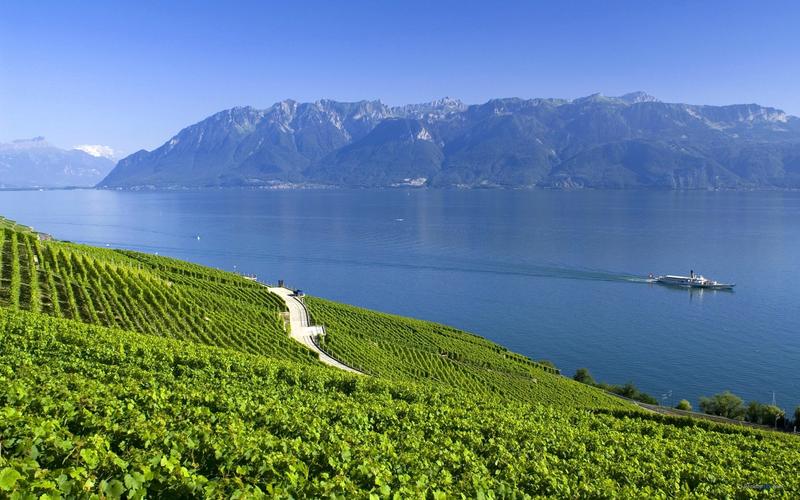Unraveling the Mysteries of the Crusades: A Comprehensive Guide to the Historical Facts and Figures
The Crusades represent one of the most fascinating periods in human history, characterized by religious conflict, military conquest, and political intrigue. While the Crusades are often portrayed as a simple struggle between Christians and Muslims, the reality is far more complex and nuanced. In this comprehensive guide to the historical facts and figures of the Crusades, we will explore the key events, figures, and forces that shaped this turbulent and transformative period in world history.
The Context of the Crusades
To understand the Crusades, it’s essential to grasp the broader historical context in which they occurred. Europe in the Middle Ages was a highly fragmented and decentralized society, characterized by feudalism, regionalism, and a lack of centralized political authority. Christianity was the dominant religion of the period, and the Catholic Church played a crucial role in shaping European culture, politics, and society.
In the Islamic world, meanwhile, the caliphate was the dominant political institution, and Islam was the dominant religion. The Islamic world was characterized by a high degree of cultural and intellectual achievement, with significant contributions to fields such as mathematics, astronomy, and philosophy.
The First Crusade
The First Crusade, launched in 1095, was the most successful of the Crusades and resulted in the capture of Jerusalem by the Crusaders. The Crusaders were a diverse group, including knights and nobles from across Europe, as well as peasants and commoners who sought to win fame, fortune, or salvation through the expedition.
The success of the First Crusade was due in part to a combination of factors, including tactical prowess, military discipline, and religious zeal. But it was also due to the fragmentation and weakness of the Muslim world at the time, which allowed the Crusaders to take advantage of internal divisions and rivalries.
The Later Crusades
Subsequent Crusades were less successful than the First Crusade, with the Crusaders suffering a series of defeats and setbacks. The Third Crusade, led by Richard the Lionheart, was the most famous of these later Crusades and resulted in a truce between the Christians and Muslims that allowed Christian pilgrims to visit the holy sites of Jerusalem.
The later Crusades were marked by political and economic motives as much as religious zeal, with European powers seeking to expand their influence, establish trade relations, and gain access to the wealth and resources of the Middle East.
The Legacy of the Crusades
The legacy of the Crusades is complex and controversial, with some scholars arguing that they contributed to the rise of European power and the expansion of European culture and civilization. Others argue that the Crusades were a form of religious imperialism that led to centuries of conflict and mistrust between the Christian and Muslim worlds.
One thing is clear, however: the Crusades had a profound impact on world history, shaping the political, religious, and cultural landscape of Europe and the Middle East for centuries to come.
Key Takeaways
– The Crusades were a complex and multifaceted series of wars that occurred between the 11th and 13th centuries.
– The Crusades were motivated by a combination of religious, political, and economic factors.
– The First Crusade was the most successful of the Crusades and resulted in the capture of Jerusalem by the Crusaders.
– Subsequent Crusades were less successful, with the Crusaders suffering a series of defeats and setbacks.
– The legacy of the Crusades is controversial and remains a subject of debate among scholars and historians.
(Note: Do you have knowledge or insights to share? Unlock new opportunities and expand your reach by joining our authors team. Click Registration to join us and share your expertise with our readers.)
Speech tips:
Please note that any statements involving politics will not be approved.
